Exclusive: A mirror named the Persian Gulf: Reflecting the continuity of Iranian identity
Dr. Ali Akbar Salehi
In the vast expanse of Iranian identity, certain names, places, and voices have become eternal fixtures—ever present, ever resonant. Mount Damavand, with its snow-covered peak rising above the clouds, stands as a silent guardian over the Iranian plateau, embodying both endurance and majesty.
The Persian language, rich in nuance and historical depth, carries centuries of wisdom, poetry, and philosophy. At the heart of this cultural constellation, the voices of Ferdowsi, Hafez, Molavi, and Saadi continue to shape the Iranian soul.
Ferdowsi’s Shahnameh, the monumental epic of national heroes, forms the bedrock of Iranian self-understanding, while the lyrical brilliance of Hafez and the ethical clarity of Saadi guide the moral consciousness of successive generations.
Within this cultural and civilizational landscape, the Persian Gulf forms an intrinsic and inseparable part of Iran’s historical identity. Known for centuries as Khalij-e-Hamīshegī Fārs—the “Forever Persian Gulf”—this ancient body of water is deeply embedded in the fabric of Iranian life.
Its shores, islands, and tides have resonated with the rhythms of Persian civilization for generations, and its name evokes a sense of enduring cultural continuity.
Every historic map on display at the Qatar National Museum shows the name "Persian Gulf."
— Press TV 🔻 (@PressTV) May 7, 2025
Follow: https://t.co/mLGcUTS2ei pic.twitter.com/fggO1cC2lK
The Persian Gulf is more than a southern maritime boundary. It is a mirror in which Iranians have long seen themselves. Its crystal-clear and limpid waters reflect not only the sky above but also the soul of a civilization—its memory, its pride, and its enduring presence.
This mirror reveals more than just geography. It captures the spirit, cultural heritage, and historical depth that define Iranian identity.
From antiquity to the present, the Persian Gulf has served as a vital artery linking the Iranian heartland to the wider world. During the reigns of the Achaemenid and Sassanid empires, and later through the flourishing trade hubs of Siraf and Hormuz, the Persian Gulf was a conduit for commerce, diplomacy, and cultural exchange. Its ports welcomed merchants, scholars, and navigators whose lives and worldviews were shaped by Persian customs, language, and values.
The echoes of Iranian ingenuity and resilience still linger in the stones of its coastal cities. To recount the history of the Persian Gulf is to affirm the enduring and unbroken presence of Iran—self-aware, rooted, and resolute.
In times of triumph and adversity alike, the Persian Gulf has reflected the steadfastness of Iranian identity.
Attempts by certain foreign actors to rename the Persian Gulf for political purposes are not only historically unfounded but also ethically and diplomatically irresponsible.
We check today's maps: Persian Gulf. We examine ancient maps: still Persian Gulf.
— Press TV 🔻 (@PressTV) May 1, 2025
For thousands of years, history agrees on its identity. #PersianGulf pic.twitter.com/ZOpfm7diQw
The name Persian Gulf is enshrined in thousands of years of cartographic records, classical literature, treaties, and international documentation. It is not subject to revision by transient political agendas or geopolitical pressures.
To manipulate a name so deeply woven into the historical consciousness of a people is to attempt, in vain, to erase part of their identity. Such maneuvers are neither legitimate nor sustainable.
They fail to appreciate that cultural geography is not dictated by the whims of power, but by the enduring truths of history, scholarship, and the collective memory of civilizations.
For the people of Iran, invoking the name of the Persian Gulf is not merely a geographic reference. It is a profound expression of belonging. The same sense of belonging that binds every Iranian heart to the peak of Damavand, to Ferdowsi’s unyielding defense of our language, and to the moral and mystical insights of Saadi and Hafez.
These are not isolated symbols. They form a coherent and harmonious narrative. Each element reinforces the other. Each name is a verse in the collective epic of Iranian identity.
Dr. Ali Akbar Salehi is the chairman of the Iranology Foundation. He previously served as the Foreign Minister of Iran (2011-2013) and head of the Atomic Energy Organization of Iran (2013-2021)
VIDEO | Trump’s 2026 State of the Union speech bellicose, short on policy
Iran’s president sees 'good outlook' for nuclear talks with US
Peter Mandelson suspected of misconduct in public office as UK envoy to US
Iran's foreign minister leaves for Geneva for third round of US talks
Iran dismantles foreign-backed terror network in Southeast
VIDEO | Press TV's news headlines
US imposes more sanctions on Iran ahead of new round of talks
UK engaged in 'systematic' suppression of pro-Palestine voices: Report


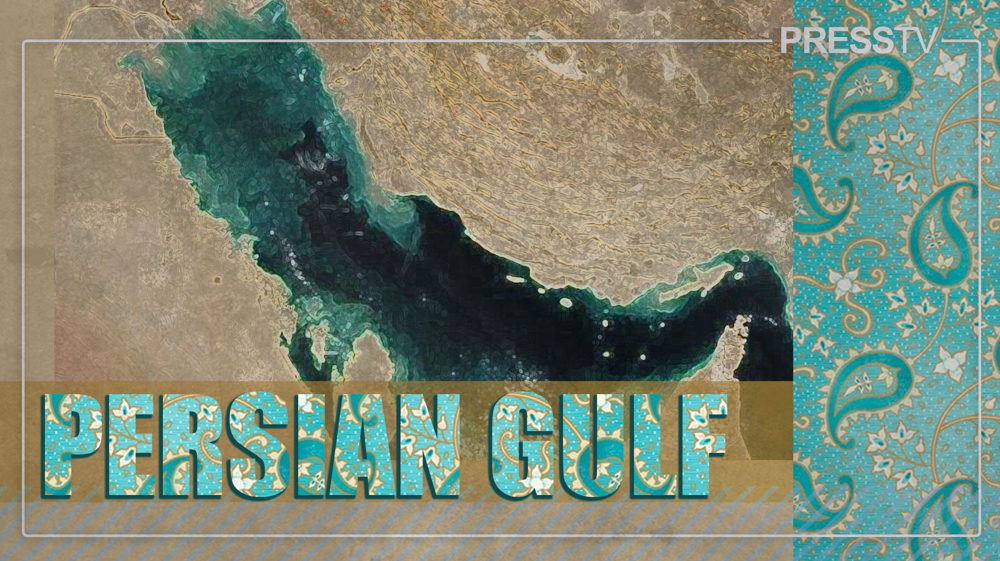
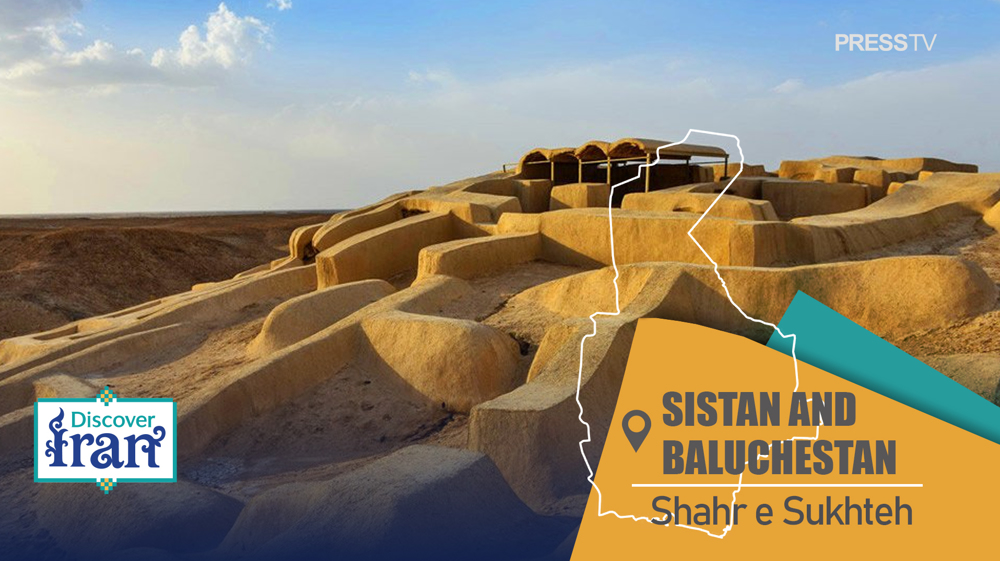
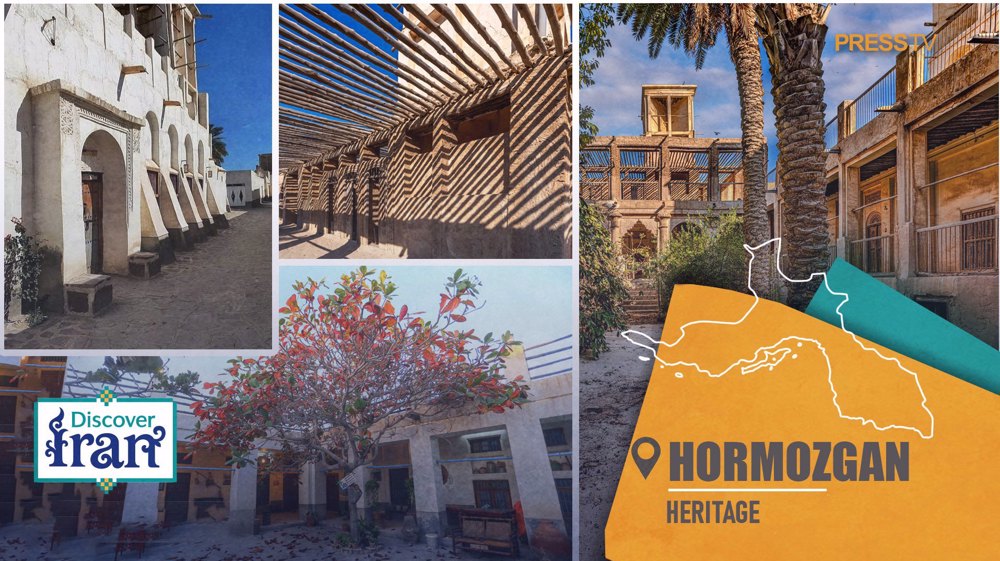




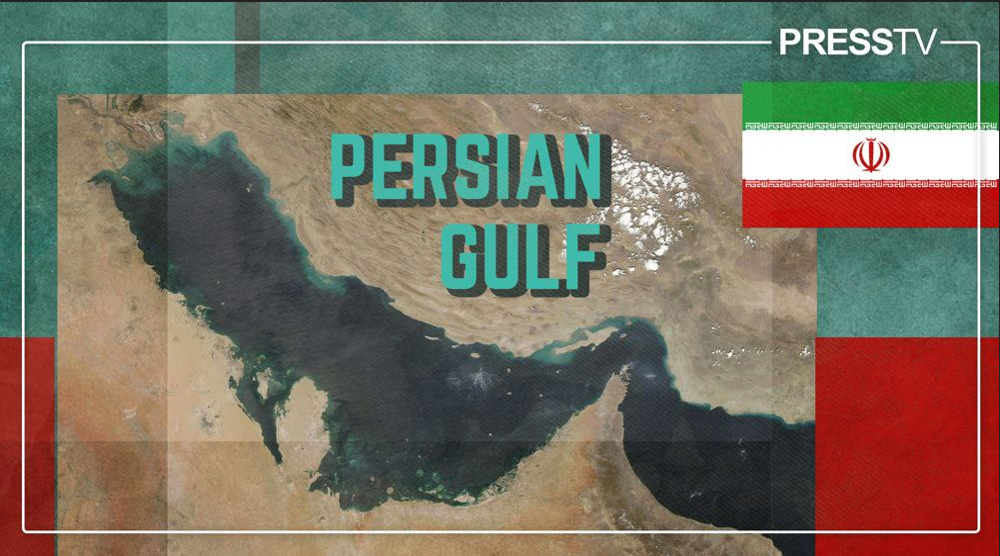
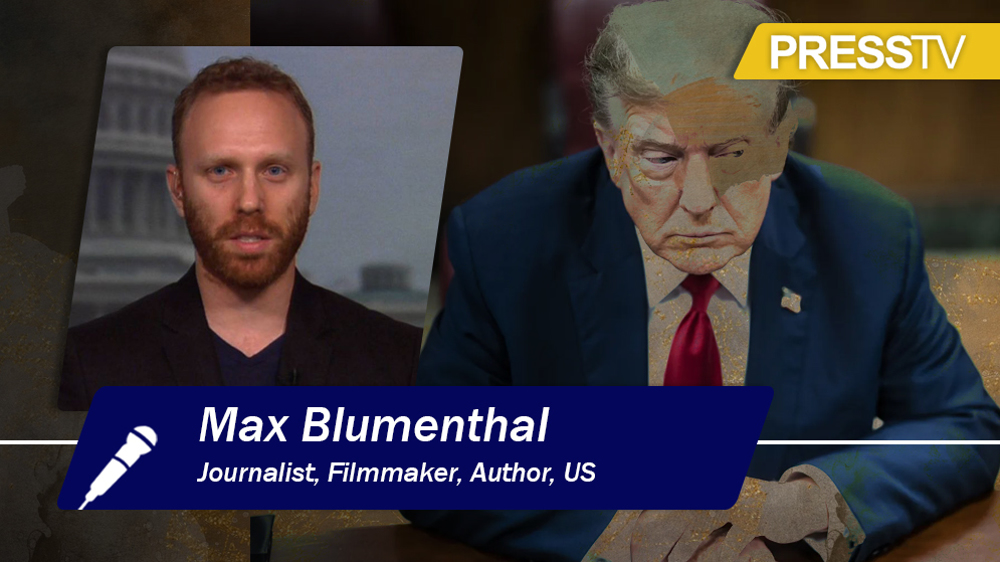
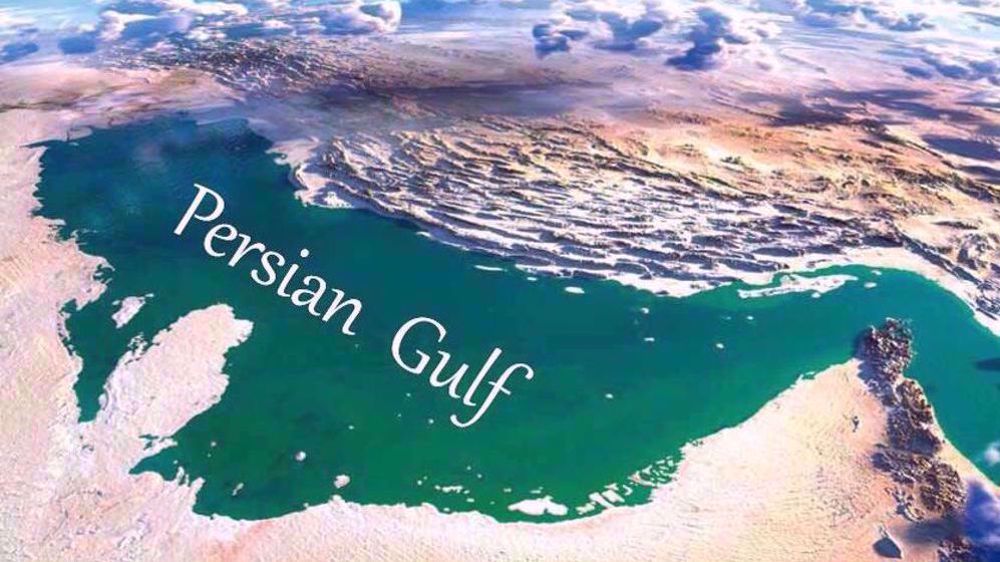
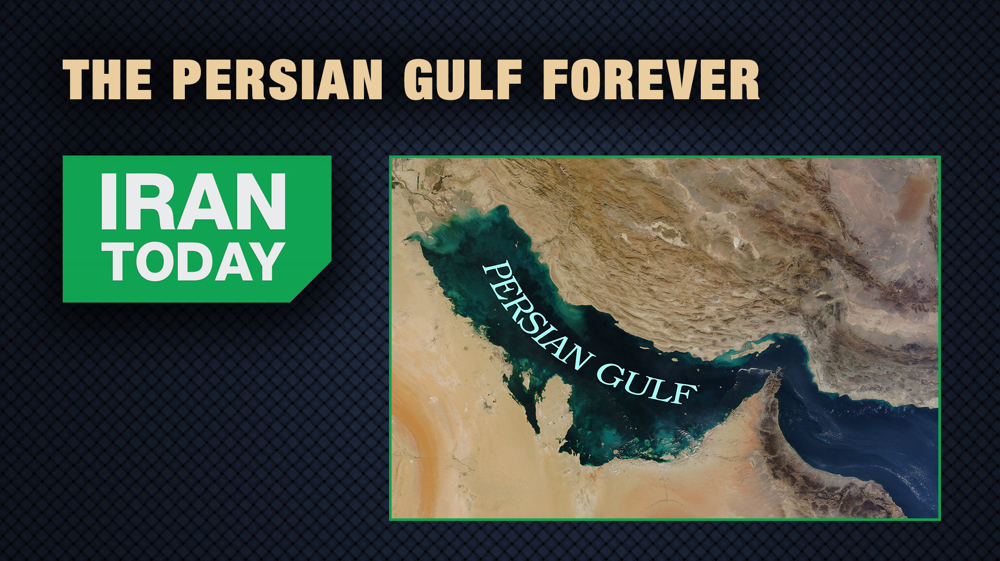
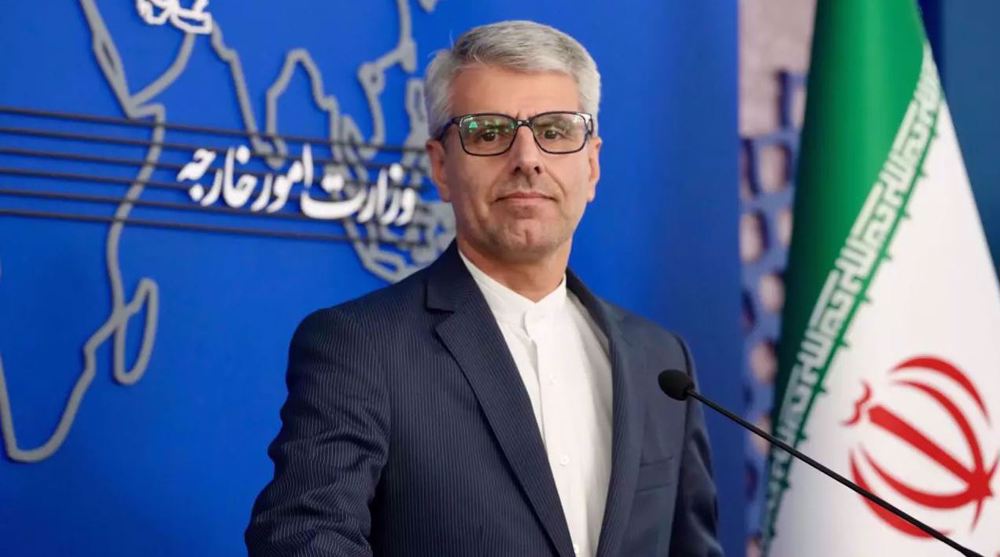

 This makes it easy to access the Press TV website
This makes it easy to access the Press TV website